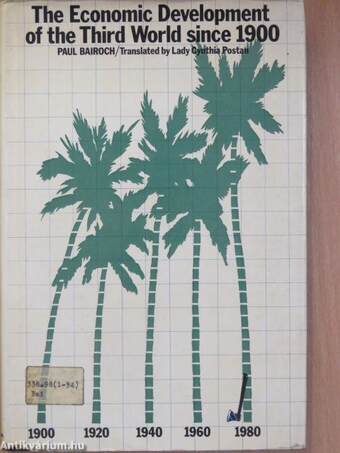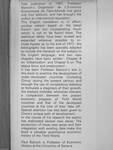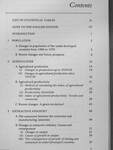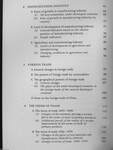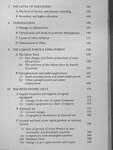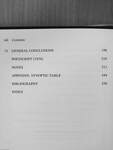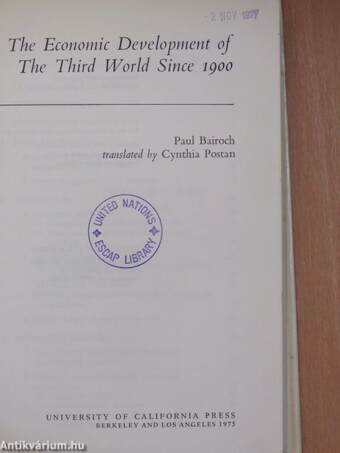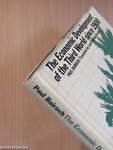1.067.056
kiadvánnyal nyújtjuk Magyarország legnagyobb antikvár könyv-kínálatát

VISSZA
A TETEJÉRE
JAVASLATOKÉszre-
vételek
The Economic Development of The Third World Since 1900
| Kiadó: | University of California Press |
|---|---|
| Kiadás helye: | Berkeley |
| Kiadás éve: | |
| Kötés típusa: | Fűzött keménykötés |
| Oldalszám: | 260 oldal |
| Sorozatcím: | |
| Kötetszám: | |
| Nyelv: | Angol |
| Méret: | 24 cm x 16 cm |
| ISBN: | 0-520-02858-9 |
naponta értesítjük a beérkező friss
kiadványokról
naponta értesítjük a beérkező friss
kiadványokról
Fülszöveg
First published in 1967, Professor
Bairoch's Diagnostic de L'Evolution
Economique du Tiers-Monde has gone
into four editions, and has brought the
author an international reputation.
This English translation is, in effect
another edition based on the latest
French text but incorporating much
which is not to be found there. The
statistical tables have been revised and
expanded wherever possible to in-
clude figures up to the end of 1 972; the
bibliography has been specially adapted
to include the literature on the subject in
the English language; and two new
chapters have been written: Chapter 8
on 'Urbanization' and Chapter 9 on The
labour force and employment'.
It has been Professor Bairoch's aim in
this book to examine the development of
under-developed countries (including
China) during the present century and
through the use of comparative statistics
to formulate a diagnosis of their growth.
His analysis includes, whenever relevant
a comparison between... Tovább
Fülszöveg
First published in 1967, Professor
Bairoch's Diagnostic de L'Evolution
Economique du Tiers-Monde has gone
into four editions, and has brought the
author an international reputation.
This English translation is, in effect
another edition based on the latest
French text but incorporating much
which is not to be found there. The
statistical tables have been revised and
expanded wherever possible to in-
clude figures up to the end of 1 972; the
bibliography has been specially adapted
to include the literature on the subject in
the English language; and two new
chapters have been written: Chapter 8
on 'Urbanization' and Chapter 9 on The
labour force and employment'.
It has been Professor Bairoch's aim in
this book to examine the development of
under-developed countries (including
China) during the present century and
through the use of comparative statistics
to formulate a diagnosis of their growth.
His analysis includes, whenever relevant
a comparison between the present
economic progress of Third World
countries and that of the developed
countries at the time of their 'take off'.
Special attention has also been given to
China's unique path of development.
In the course of his research the author
has elaborated several new series. The
production of these new series and their
integration with existing data make this
book a valuable quantitative economic
history of the Third World.
Paul Bairoch is Professor of Economic
History at the University of Geneva. Vissza
Témakörök
- Közgazdaságtan > Gazdaságtörténet > Összefoglalók
- Közgazdaságtan > Gazdaságpolitika
- Közgazdaságtan > Közgazdasági elméletek > Egyéb
- Idegennyelv > Idegennyelvű könyvek > Angol > Közgazdaságtan > Gazdaságtörténet > Összefoglalók
- Idegennyelv > Idegennyelvű könyvek > Angol > Közgazdaságtan > Gazdaságpolitika
- Idegennyelv > Idegennyelvű könyvek > Angol > Közgazdaságtan > Közgazdasági elméletek > Egyéb



